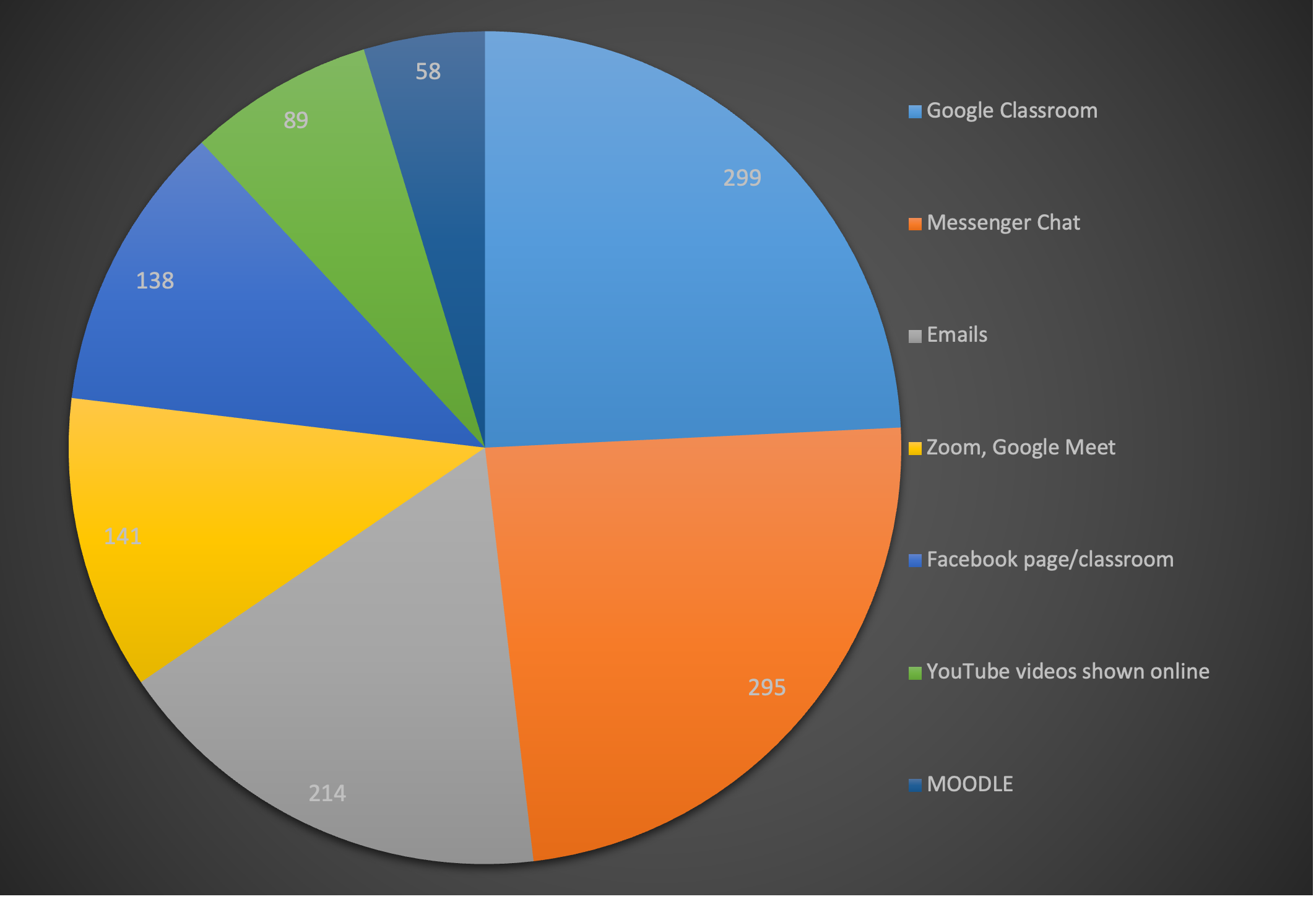VOLUME 17 NUMBER 2 (July to December 2024)

SciEnggJ. 2024 17 (2) 274-285
available online: December 16, 2024
DOI: https://doi.org/10.54645/2024172KNW-65
*Corresponding author
Email Address: nobisjrmartin@gmail.com
Date received: June 4, 2024
Date revised: October 29, 2024
Date accepted: October 31, 2024
ARTICLE
Blended learning in higher education: Unveiling student experiences, challenges, and opportunities for policy development
Laoang Campus, Laoang, Northern Samar, Philippines
2College of Education, University of Eastern Philippines, Catarman,
Northern Samar, Philippines
The rapid shift to emergency remote learning during the pandemic has prompted reevaluating learning modalities in higher education. This study explores the students’ experiences at the University of Eastern Philippines (N=336) to inform the development of effective blended learning policies. Employing a descriptive mixed-methods design (quantitative and qualitative), the study investigates the types of online learning modalities used, student experiences (positive and negative), coping mechanisms developed, and suggestions for improvement. Findings reveal that students utilized various online platforms (e.g., learning management systems and communication platforms) for online learning. Positive experiences included enhanced work ethic, improved time management skills, and increased technological proficiency. However, challenges such as unreliable internet access, stress, and financial constraints were also reported. Thematic analysis of student experiences identified student needs for increased teacher empathy, a return to face-to-face interaction when feasible, and initiatives promoting self-directed learning and improved internet equity. This study proposes recommendations for blended learning policies that leverage the benefits of online learning while addressing student challenges, ultimately aiming to enhance the student experience in the evolving educational landscape.
© 2026 SciEnggJ
Philippine-American Academy of Science and Engineering